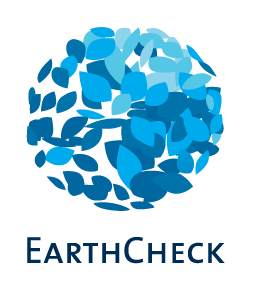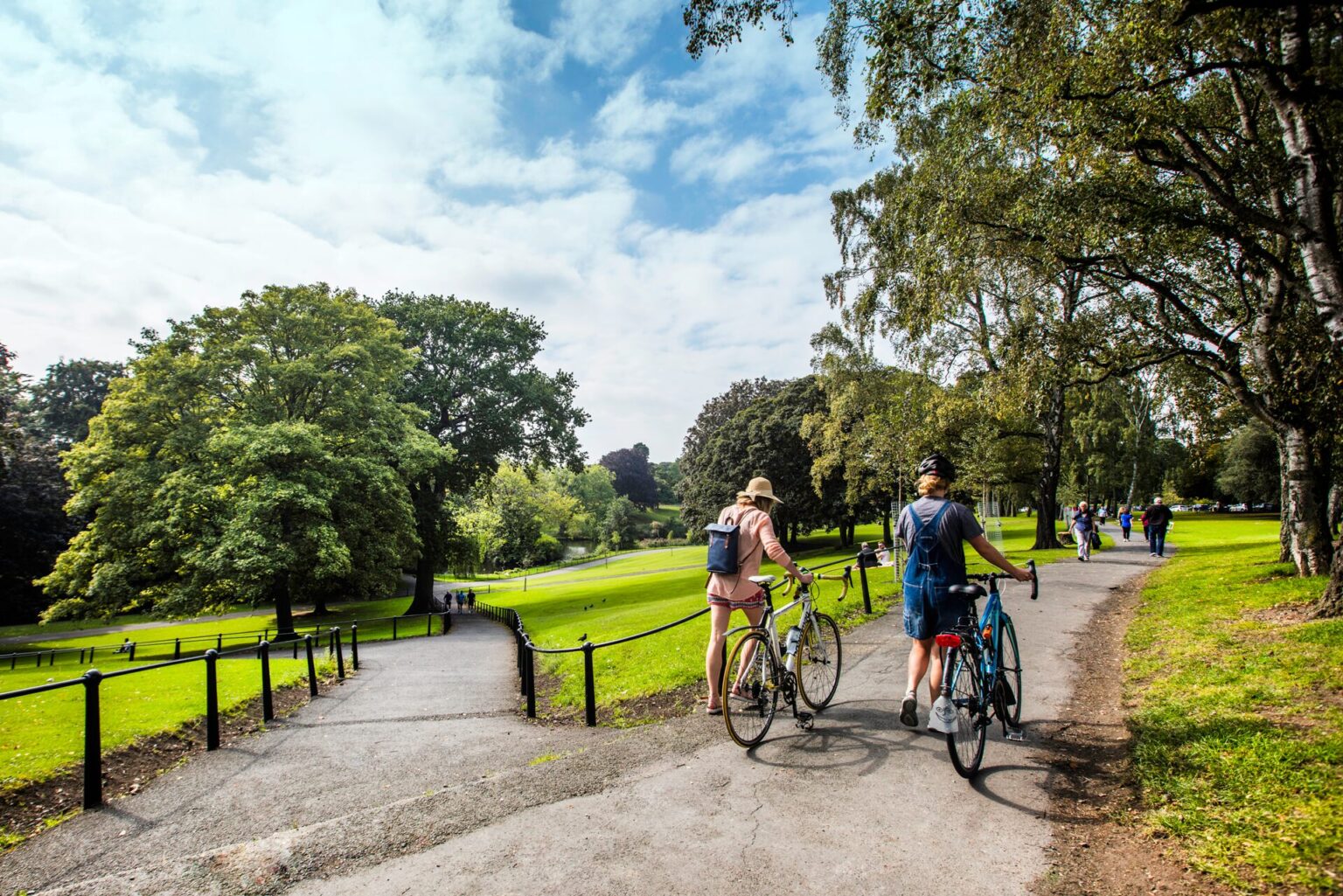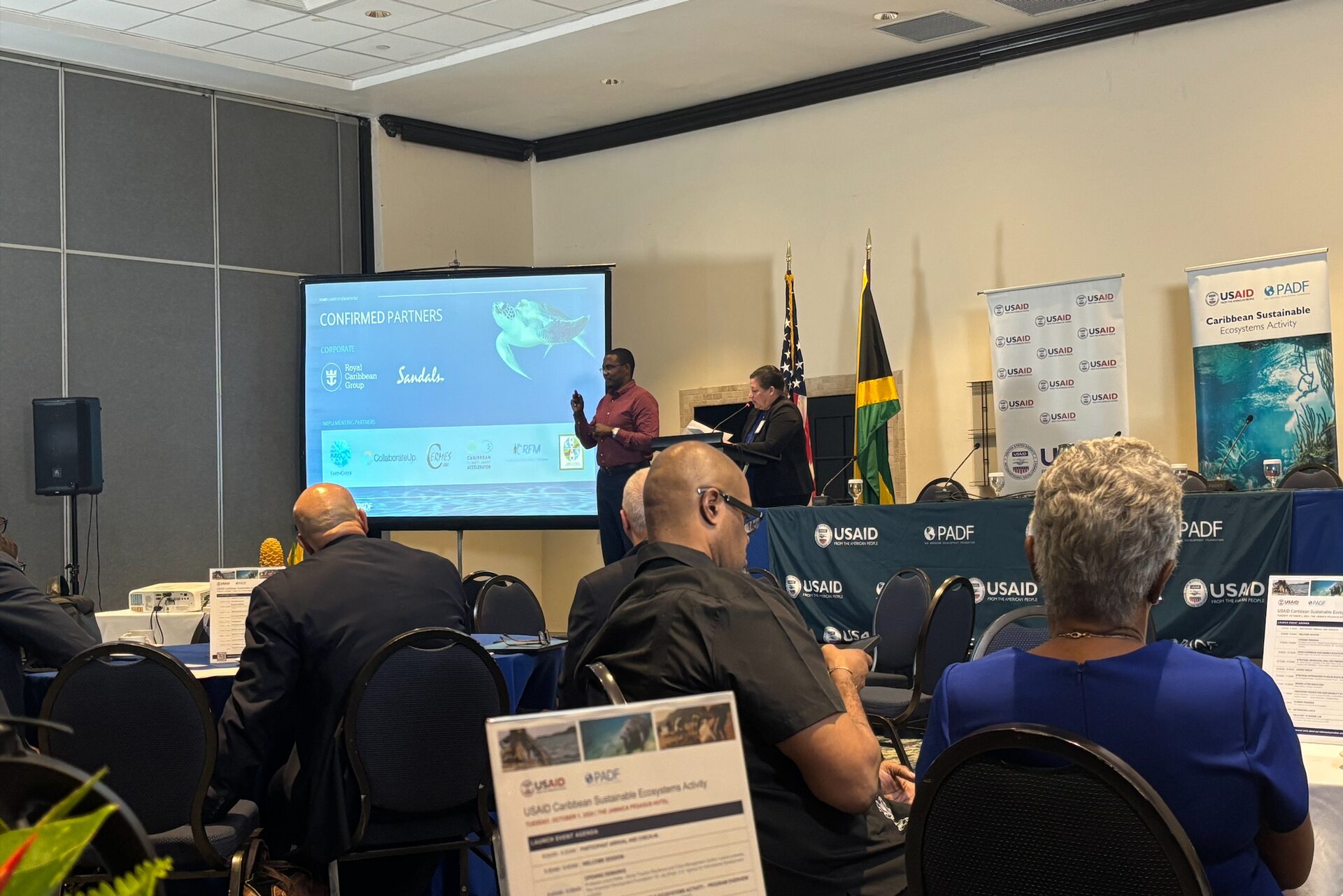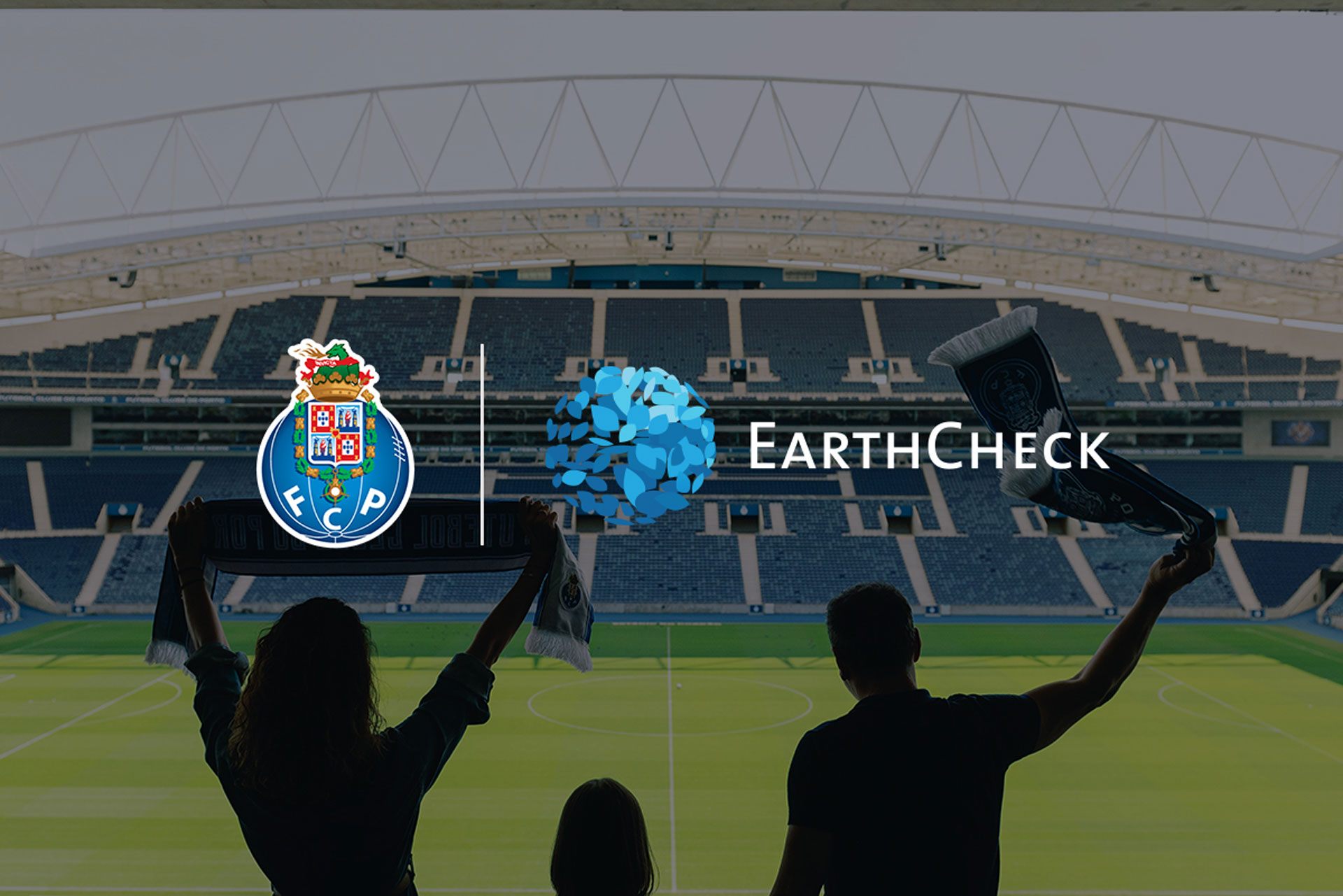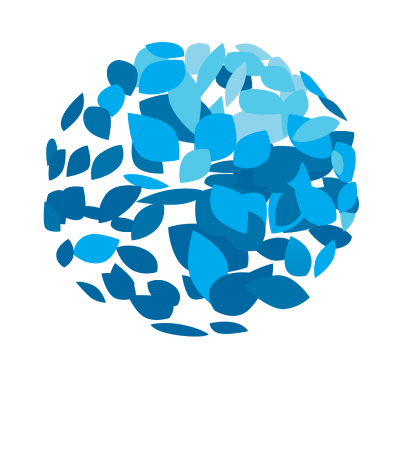The announcement comes shortly after Dublin’s recent accolade as the 2024 European Capital of Smart Tourism, reinforcing the city’s commitment to innovative and sustainable practices.
The collaboration underscores Dublin’s commitment to sustainable development, and aligns perfectly with the city’s new Tourism Strategy 2023-2028. The initiative will ensure that Dublin continues to be a world class destination while prioritising environmental responsibility, community well-being, and innovative practices.
Furthermore, the EarthCheck Sustainable Destinations program is aligned with the United Nations Sustainable Development Goals (SDGs), providing a structured roadmap for achieving the city’s sustainability objectives.
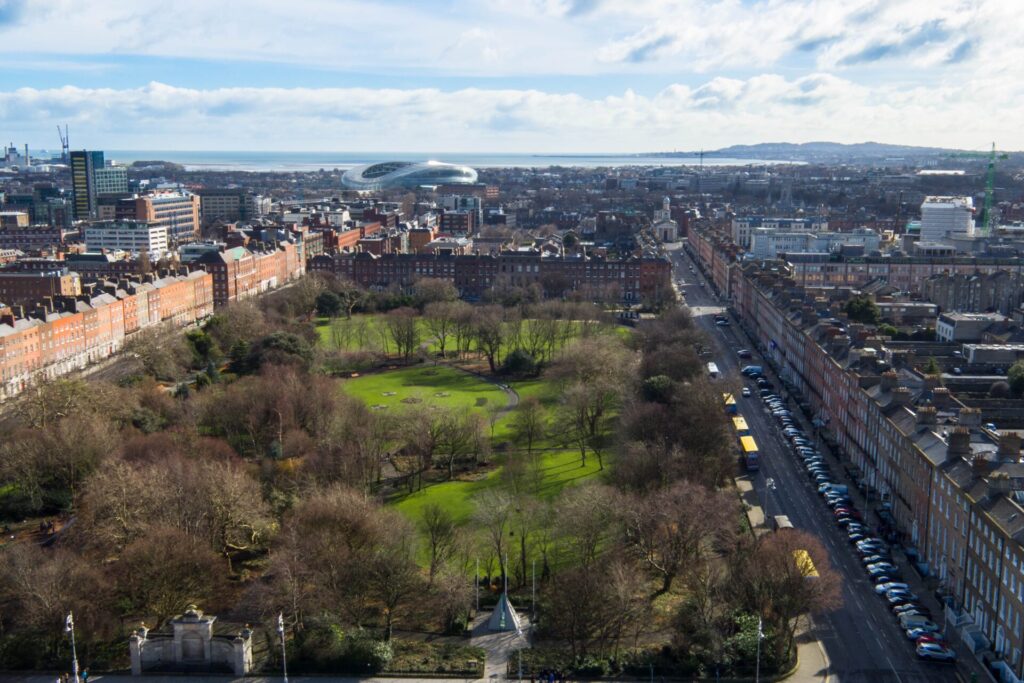
Councillor James Geoghegan, Lord Mayor of Dublin, says he is immensely proud of his city’s commitment to sustainability.
“Joining the EarthCheck Sustainable Destinations program is a testament to our commitment to creating a greener, more resilient city,” he says. “This partnership will not only enhance our environmental efforts, but also enrich the experience for both resident and visitors. We are excited to embark on this journey towards a sustainable future together.”
Mary Macsweeney, Executive Manager of Culture Recreation and Economic Services for Dublin City Council, agrees.
“We are delighted to have partnered with EarthCheck to deliver the first ever designation sustainability certification for Dublin City,” she says. “Having been early signatories of the Glasgow Declaration on Sustainable Tourism, undertaking this certification is our next step in making our tourism industry in Dublin more sustainable.”
Dublin’s new Tourism Strategy is shaped by three key goals:
- Focusing on people-centred and community-based growth
- Being proactive and accountable towards our climate goals
- Promoting future-facing, creative and digitally advanced initiatives
By fostering a sustainable tourism industry, the city aims to meet the objectives of Ireland’s National Climate Action Plan, and Dublin’s City Development Plan 2022-2028.

How it works
To achieve EarthCheck Sustainable Destinations Silver Certification, Dublin will have to measure its performance against EarthCheck’s rigorous standards, and have that performance verified by an independent auditor, in the following metrics:
- Energy efficiency, conservation and management
- Greenhouse gas emissions
- Air quality protection, noise control and light pollution
- Management of freshwater resources
- Wastewater management, drainage and streams
- Ecosystem conservation and management
- Land use planning and development
- Transport
- Solid waste management
- Management of environmentally harmful substances
- Cultural and social management
- Economic management
Maintaining this status will require Dublin to continually monitor and optimise its performance, with regular independent audits to confirm the city’s commitment. After five years, the city will be eligible for EarthCheck Sustainable Destinations Gold Certification.
Why this matters
Dublin’s inclusion in the EarthCheck program brings numerous benefits, including:
- Environmental stewardship: Implementing best practices to reduce the city’s carbon footprint and preserve natural resources.
- Community Engagement: Ensuring local communities benefit from sustainable tourism and have a voice in the process.
- Economic Resilience: Strengthening Dublin’s economy through sustainable tourism practices that attract conscious travellers.
- Cultural Preservation: Celebrating and protecting Dublin’s unique cultural heritage for future generations to enjoy.
- Measurement and Benchmarking: Leveraging EarthCheck’s scientific benchmarking and certification to measure Dublin’s sustainability progress and set targets for continuous improvement.
Stewart Moore, EarthCheck Founder and CEO, says Dublin’s rich cultural heritage and forward-thinking tourism strategy make it an ideal partner in his company’s mission to promote sustainable tourism globally.
“We are delighted to welcome Dublin to the EarthCheck Sustainable Destinations program,” he says. “We look forward to working closely with the city to achieve its sustainability goals and create a positive impact for future generations.”
Learn more about the EarthCheck Sustainable Destinations program.
